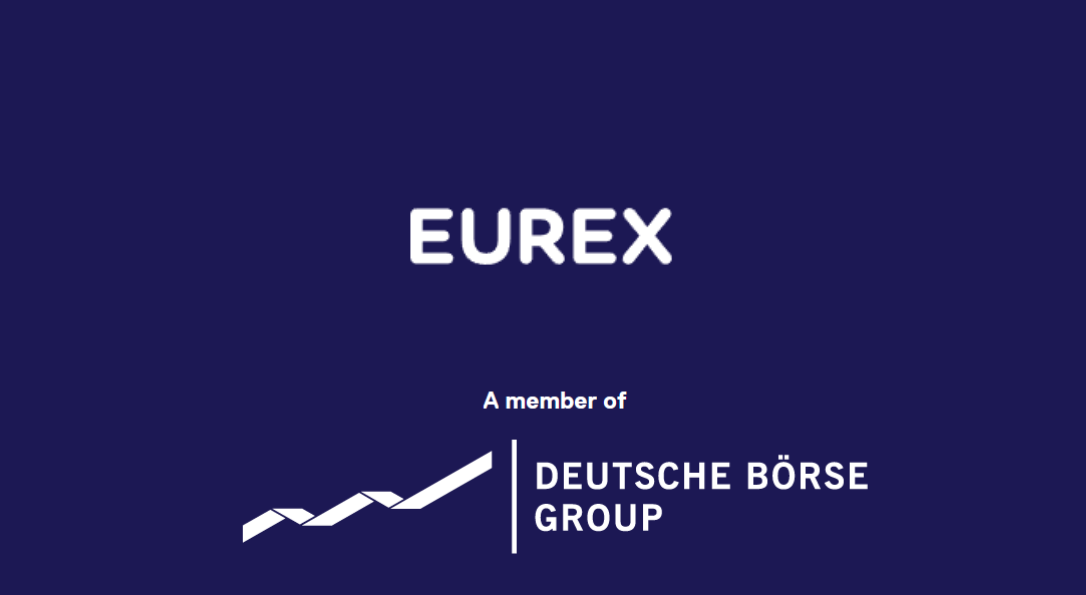ECB Consumer Expectations Survey results – March 2023
Compared with February 2023:
- ♦consumer inflation expectations increased significantly;
- ♦expectations for nominal income growth over the next 12 months were broadly stable, while expectations for nominal spending growth rose further;
- ♦expectations for economic growth over the next 12 months became slightly more negative and the expected unemployment rate in 12 months' time increased;
- ♦consumers' expectations for growth in the price of their home over the next 12 months and for mortgage interest rates 12 months ahead increased slightly.
Inflation
The median rate of perceived inflation over the previous 12 months increased to 9.9% in March 2023, from 8.7% in February. Median expectations for inflation over the next 12 months increased, moving from 4.6% in February to 5.0%. Expectations for inflation three years ahead also increased, from 2.4% to 2.9%. Inflation expectations remained well below the perceived past inflation rate, particularly at the three years horizon. Uncertainty about inflation expectations 12 months ahead reached its highest level since the start of the survey in April 2020. Inflation perceptions and expectations were closely aligned across income groups, but younger respondents (aged 18-34) continued to report lower inflation perceptions and expectations than older respondents (aged 55-70). (Inflation results)
Income and consumption
Consumers expected their nominal income to increase by 1.3% over the next 12 months, up from 1.2% in February. Expected nominal income growth declined for older consumers (aged 55 and above), while it increased for younger consumers (aged 18-34). Perceptions of nominal spending growth over the previous 12 months rose to 7.1%, from 6.6% in February. Expectations for nominal spending growth over the next 12 months increased to 4.1%, from 3.9% in February. The developments in perceptions and expectations about nominal spending remained largely aligned across income and age groups. (Income and consumption results)
Labour market and economic growth
Economic growth expectations for the next 12 months declined slightly to -1.0%, from -0.9% in February. In line with these lower expectations for economic growth, expectations for the unemployment rate 12 months ahead increased to 11.7%, compared with 11.5% in February. Consumers continued to expect the future unemployment rate to be higher than the perceived current unemployment rate (11.3%). The lowest income quintile reported the highest expected and perceived unemployment rates. (Labour market and economic growth results)
Housing and credit access
Consumers expected the price of their home over the next 12 months to increase by 2.7%. While somewhat higher than in previous months, home price growth expectations remained well below those recorded in the first half of 2022. This increase mainly reflected higher expectations of respondents with below-median incomes and of younger respondents (aged 18-34). Expectations for mortgage interest rates 12 months ahead continued to edge up to 5.1%, standing 1.8 percentage points above the expectations recorded at the start of 2022. Perceived access to credit over the previous 12 months and expectations for access to credit over the next 12 months both tightened compared with February. (Housing and credit access results)
The microdata underlying the aggregate results are available on the Consumer Expectations Survey (CES) webpage in the Data and methodological information section.
The next release of the CES results is scheduled for 6 June 2023.
Notes
- Unless otherwise indicated, the statistics given in this press release refer to the 2% winsorised mean. For further details, see the aggregate statistics guide published on the CES webpage.
- The CES is a monthly online survey of currently around 14,000 adult consumers (i.e. aged 18 or over) from six euro area countries: Belgium, Germany, Spain, France, Italy and the Netherlands. The main aggregate results of the CES are published on the ECB’s website every month. The results are used for policy analysis and complement other data sources used by the ECB.
- Further information about the survey and the data collected is available on the CES web page. Detailed information can also be found in the following two publications: ECB (2021), “ECB Consumer Expectations Survey: an overview and first evaluation”, Occasional Paper Series, No 287, Frankfurt am Main, December; and Georgarakos, D. and Kenny, G., “Household spending and fiscal support during the COVID-19 pandemic: Insights from a new consumer survey”, Journal of Monetary Economics, Vol. 129, Supplement, July 2022, pp. S1-S14.
- The survey results do not represent the views of the ECB’s decision-making bodies or staff.






















































First, please LoginComment After ~